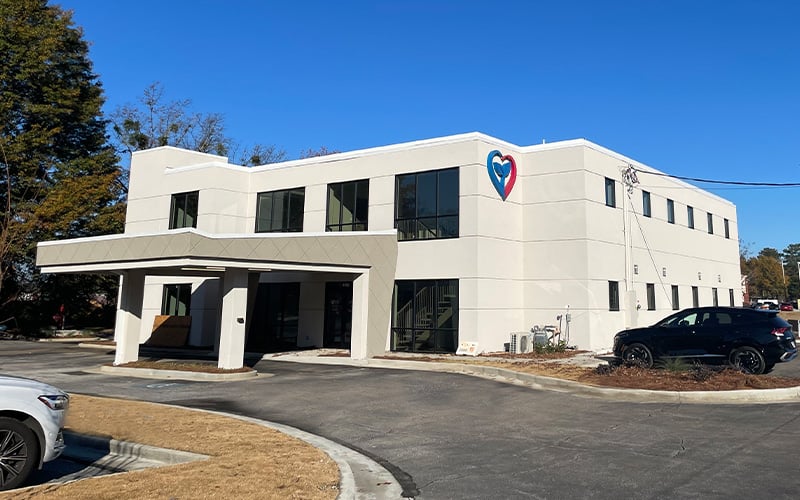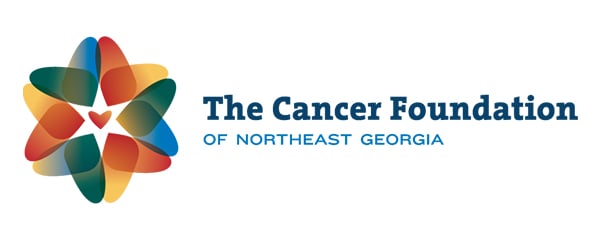Chemotherapy (chemo) uses drugs to kill cancer cells. Treatment plans usually consist of several drugs designed to kill the cells at different stages of their development. Most drugs are administered through a vein. (Many people have a port-a-cath or passport catheter, which is like a permanent IV with a catheter that connects into a major chest vein. It is implanted under the skin.) Some chemos can be administered directly into a body cavity or organ, or given orally as a pill. While surgery and radiation therapy are local treatments, chemo circulates in the blood to fight cancer throughout the body. It is systemic and kills fast-growing cells, including hair follicles and blood cells. This is why people lose their hair, become anemic and may develop fevers as white blood cells are killed faster than new ones can grow.
However, new medications are available to mitigate many of the unpleasant side effects. For example, nausea and vomiting can be prevented or controlled with a number of anti-nausea medications before and after chemo. Injections of Granulocyte colony-stimulating factor (G-CSF) that stimulate the bone marrow to produce more white cells that can minimize infections from low white blood cell counts. And Erythropoietin (EPO) can be used for many cancer patients to fight anemia and its exhaustion by encouraging the bone marrow to grow more red blood cells. Mouth sores can be treated to minimize pain until they heal. Unfortunately, hair loss cannot be prevented. (Ice caps used in the 1980s prevented chemo from properly circulating to the brain.) Over-the-counter remedies can solve problems of constipation or diarrhea. Bleeding from suppression of blood platelets may require platelet transfusions. Other effects include changes in appetite and taste buds, nerve changes (also called peripheral neuropathy), hypertension, fluid retention, and sexual and fertility changes.
A newly recognized phenomenon called chemo brain may affect concentration, memory and ability to multi-task. People say it feels like their brains are cloudy. Onset may be quick or slow. Resolution also may be quick or slow. No one knows the cause but assumptions are that it can be related to the drugs, low blood counts, anemia, insomnia, dietary changes, hormonal changes, the cancer or a number of other causes. Click here for more information from the American Cancer Society.
















